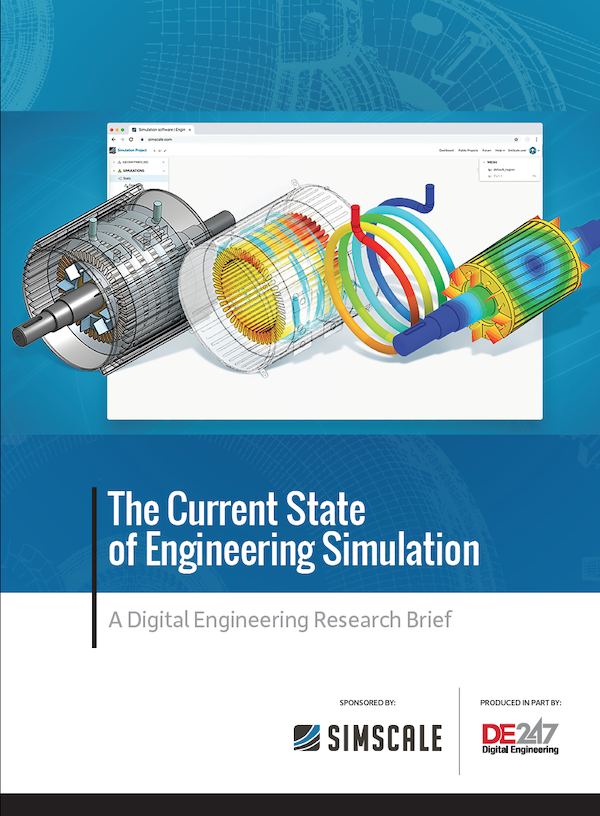Latest News
April 1, 2011
By DE Editors
Dassault Systèmes has announced that the FORMOSUN research team of National Taiwan University has designed and built electric vehicles with the help of CATIA for virtual design and Abaqus Finite Element Analysis (FEA) from SIMULIA for virtual testing.
 |
Since 2000, the engineering department at National Taiwan University has been researching and developing electric vehicles for a sustainable future. From the ground up, undergraduate and graduate students of the FORMOSUN team have designed and developed three solar cars, one hybrid fuel cell scooter, an intelligent personal lightweight electric vehicle (iPLEV), and an electric passenger car.
“Students with limited experience are not fully capable of performing difficult design and engineering tasks,” says Dr. Jung-Ho Cheng of National Taiwan University. “However, with the help of CATIA and Abaqus FEA software, our students have the opportunity to tackle all of the design and analysis problems more efficiently.”
Beyond fundamental structural and thermal analyses with Abaqus FEA, the team used an optimization tool to streamline the analysis process for future designs and leverage the open functionality in Abaqus/CAE for improving usability by less experienced students. CATIA and Abaqus have been used to create lightweight designs of electric vehicle chassis, structures and electric motors.
“By applying robust realistic simulation solutions, the students at National Taiwan University have challenged themselves to design eco-conscious cars with better efficiency and reliability,” says Ken Short, vice president, Strategy and Marketing, SIMULIA, Dassault Systèmes. “These ‘future’ cars are emerging on the market faster through the use of virtual design and virtual testing solutions that accelerate the delivery of innovative products.”
For more information, visit Dassault Systèmes.
Sources: Press materials received from the company and additional information gleaned from the company’s website.
Subscribe to our FREE magazine, FREE email newsletters or both!
Latest News
About the Author
DE’s editors contribute news and new product announcements to Digital Engineering.
Press releases may be sent to them via [email protected].





